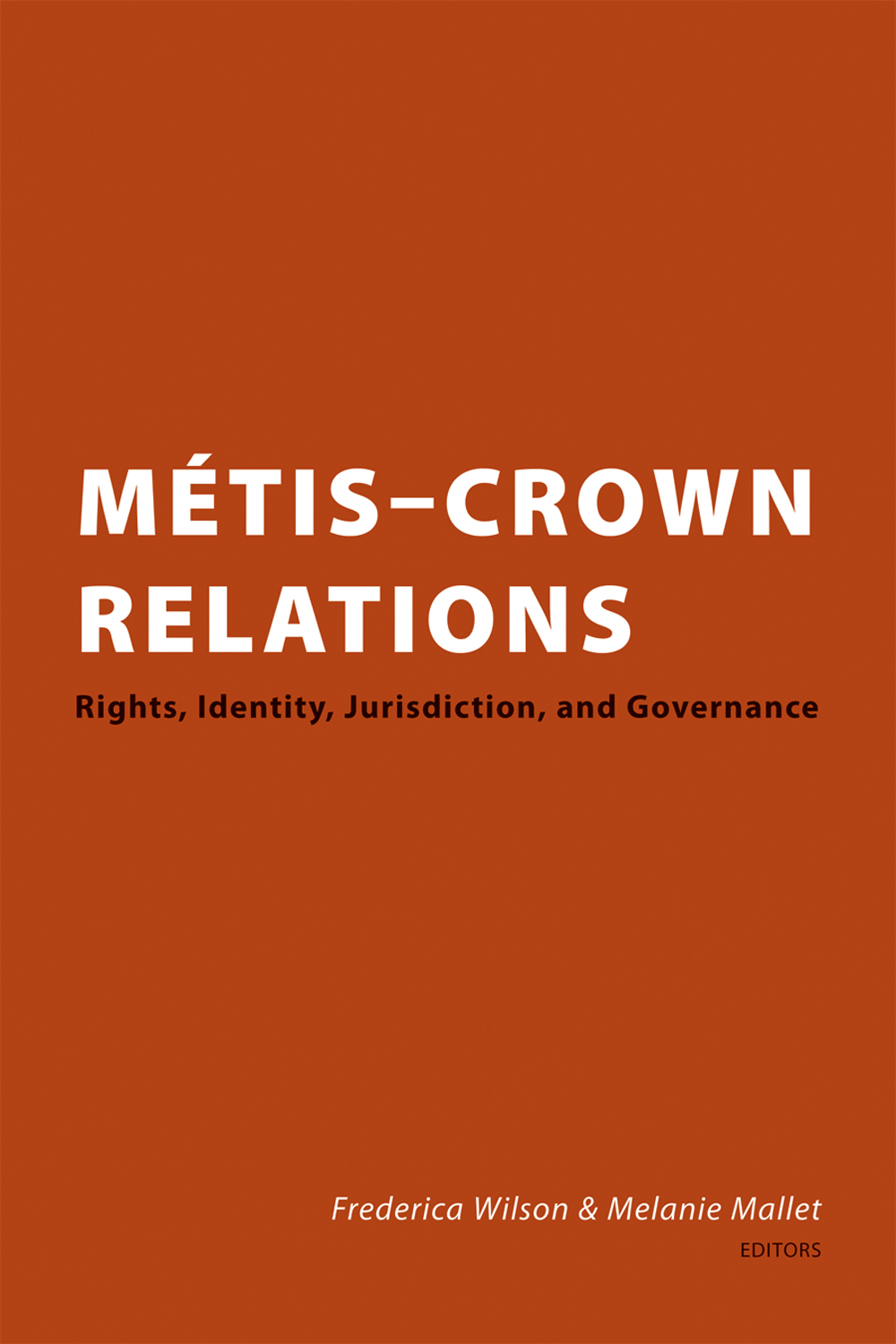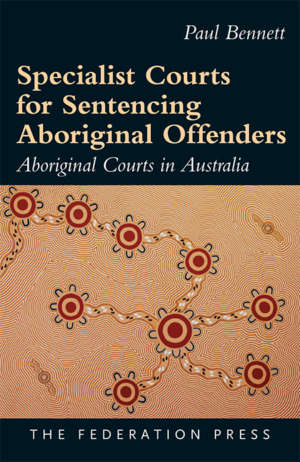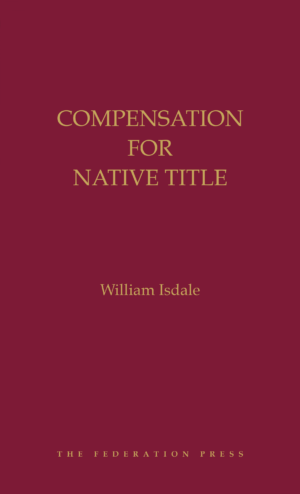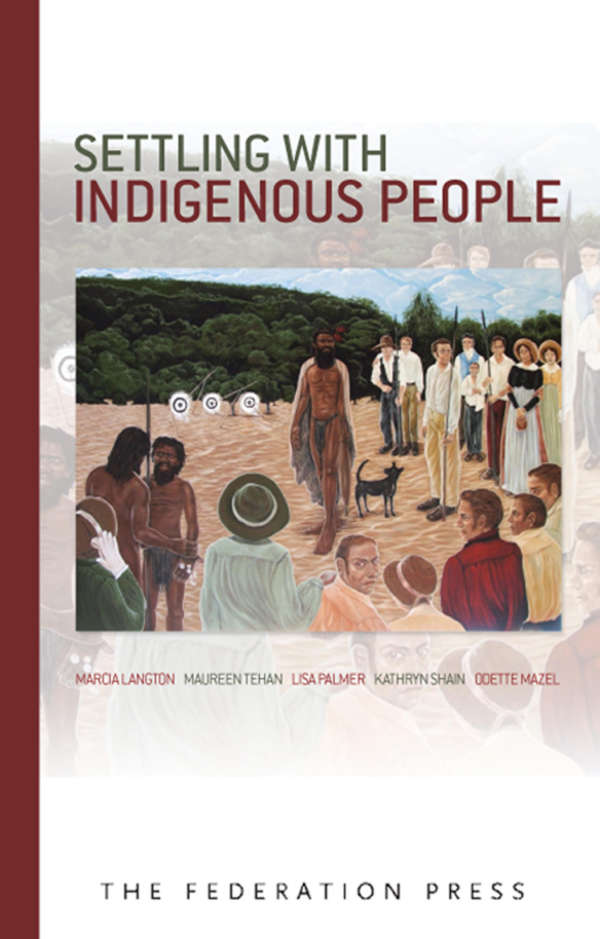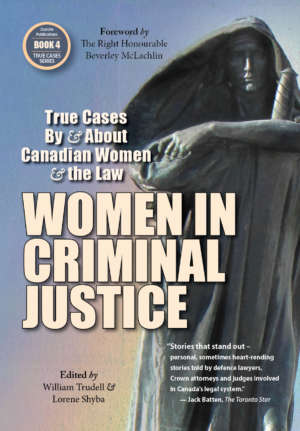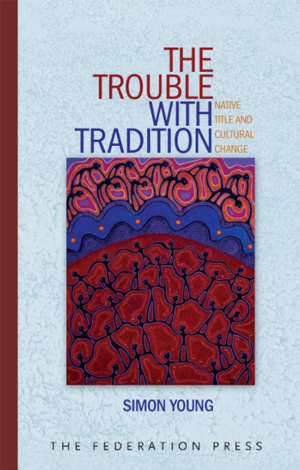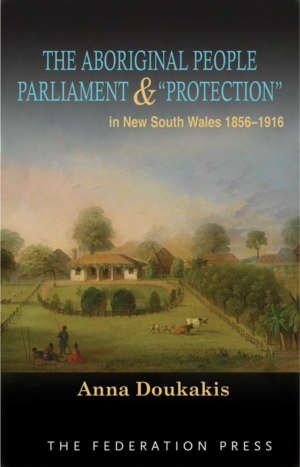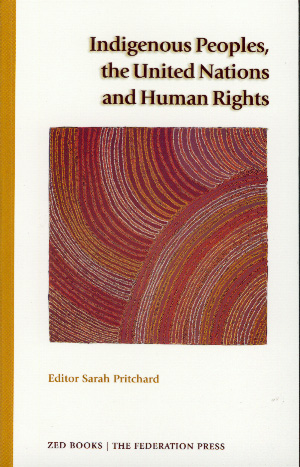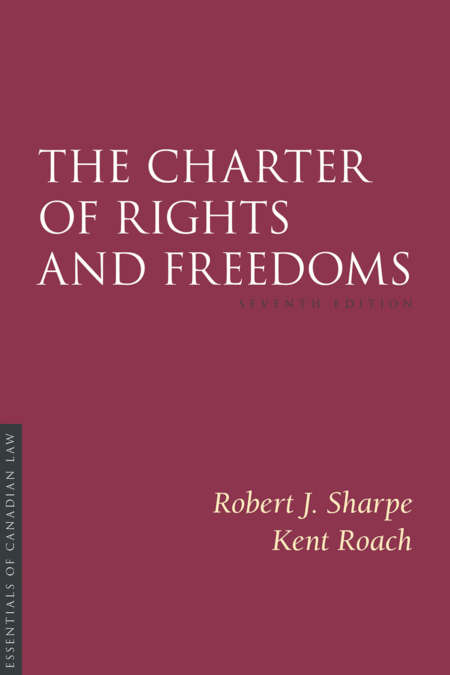Product Description
This book examines the evolving relationship between the Crown (ie. federal and provincial governments) and Canada’s Métis people. It is comprised of papers presented to a national symposium jointly sponsored by the former Law Commission of Canada and the Métis National Council in Winnipeg in February 2006. Contributors include leading academics, lawyers, government officials and Métis leaders. The book analyzes the impact of s.35 of the Constitution Act which defines the Métis as an aboriginal people and the aboriginal rights which are guaranteed by the Constitution. Further it examines the recent jurisprudence, particularly R. v. Powley, which has helped to clarify both the meaning and substance of Métis aboriginal rights, and the limits of federal and provincial jurisdiction. Finally the book looks at models of self-governance for Métis communities.
FOREWORD by Clem Chartier
INTRODUCTION: Rights, Identity, Jurisdiction, and Governance: Current Issues in Métis–Government Relations
Chapter 1: Ethnohistory and the Development of Native Law in Canada: Advancing Aboriginal Rights or Re-inscribing Colonialism?
Arthur J. Ray
Chapter 2: Defining the Métis of Canada: A Principled Approach to Crown–Aboriginal Relations
Paul L. A. H. Chartrand
Chapter 3: Federal and Provincial Crown Obligations to the Métis
Jean Teillet
Chapter 4: Beyond Space and Time — A Purposive Examination of Section 91(24) of the Constitution Act, 1867
Charlotte A. Bell
Chapter 5: Are the Métis in Section 91(24) of the Constitution Act, 1867? An Issue Caught in a Time-Warp
Bradford W. Morse
Chapter 6: Differences between the Métis Nation and the Crown: An Agenda for Law Reform
Mark L’Hirondelle Stevenson
Chapter
7: “Neither Fish nor Indians”: Pursuing Crown–Métis Relations through
Historical Evidence Concerning Policies and the Constitution Act, 1930
Frank J. Tough
Chapter 8: Métis Interjurisdictional Immunity: A Third Way to Protect Métis Constitutional Rights?
Dale Gibson
Chapter 9: Fiddling with Head 91(24): Métis Interjurisdictional Immunity
Albert C. Peeling
Chapter 10: Interjurisdictional Immunity and Métis Aboriginal Rights: A Provincial Perspective
P. Mitch McAdam
Chapter 11: The Métis and the Doctrine of Interjurisdictional Immunity: A Commentary
Kent McNeil
Chapter 12: Métis Nation’s Self-Government Agenda: Issues and Options for the Future
Jason Madden
Chapter 13: Métis Self-Government: Reflections on the Way Forward
Fred Caron
Chapter 14: The Aboriginal Justice Inquiry – Child Welfare Initiative: Creating the Métis Child and Family Services Authority
Harvey Bostrom, Alison Rogan, and Richard Asselin
Chapter 15: Government on the Métis Settlements: Foundations and Future Directions
Catherine Bell and Harold Robinson
About the Authors

